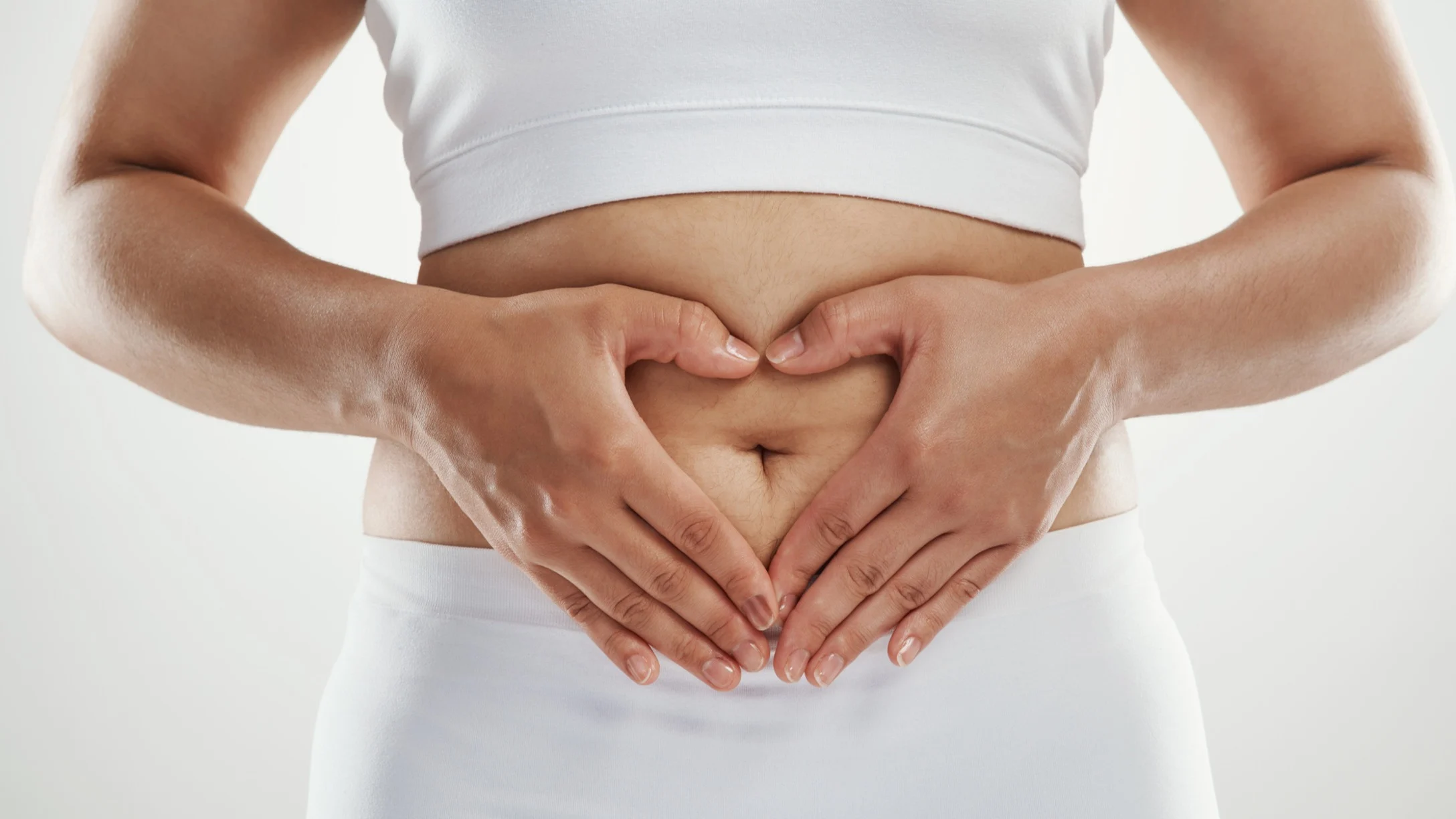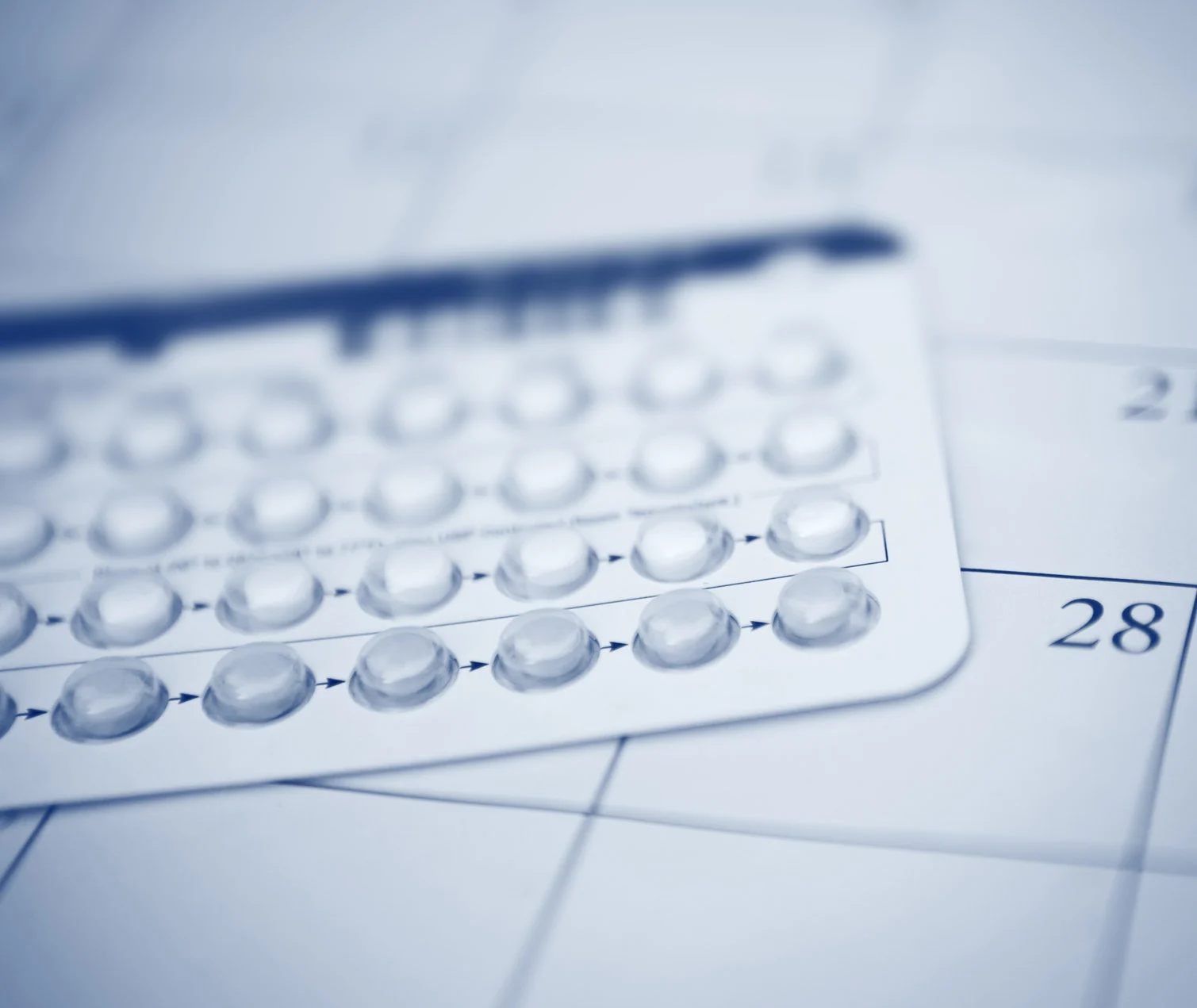How Preparing To Conceive Taught Me To Love My Body
 Jay Yuno/iStock
Jay Yuno/iStockI sat in my doctor’s office, just shy of a few weeks married, with a tight chest and a heartbeat that could do fairly well if timed in some sort of marathon.
For the past few weeks I had been experiencing weird symptoms: unexplained weight loss that ramped up a few months before the wedding, followed by constant bowel movements, increased appetite, and anxiety. My endocrinologist concluded that I was likely overmedicated for my hypothyroidism and (this part is my own deductions), I swung the other direction and developed symptoms for hyperthyroidism.
More from CafeMom: 11 Surprising Tricks To Getting Pregnant Fast
Thankfully, it was an easy fix, my doctor told me during that visit.
She would just need to lower the dose of my medication, drastically. Doing so would not only save me from organ failure, stroke, or even death — dangers of untreated thyroid disease — but it was also important for a reason beyond myself. I was thinking about getting pregnant. Or, rather, preparing my body to be pregnant and recently got off the pill as the first step in that process.
An untreated thyroid disease can cause a host of problems for both mother and fetus, from increased miscarriage risk to developmental delays. I needed to take action.
There was just one problem ... I have severe body image issues.
At 8 years old, the adults in my life began to carelessly comment on recent weight gain, and from then on I constantly self-monitored my looks. I bodychecked my stomach and arms constantly, knowing just the right amount of extra padding on each before I needed to diet, overexercise, or stop eating altogether.
I figured if I could notice changes before anyone else, I’d be able to reverse them and avoid unwanted attention on my body. Missing these changes directly correlated to failure.
More from CafeMom: 16 Ways To Mindfully Move the Body Without Focusing on Weight Loss
Facing the possibility of going through puberty again while coming off birth control and the uncertainty of what would happen to my weight from changing my thyroid doses, even if both were integral to both my health and my future child’s health and possible biological existence, seemed too much to bear.
Past me would never have taken such risks. I dreaded the thought of knowingly welcoming imperfection and unpredictability to my looks and my body. But with a future baby on my brain as a serious proposition, I was forced to think beyond my own discomfort. And I love a good challenge. So I took a deep breath and left my doctor’s office with a new prescription and mentally prepared for battle. And what a battle it was.
It only took one month for the post-pill symptoms to kick in.
My once-smooth skin on my jawline was now disrupted by a handful of under-the-skin cysts. My forehead was an even worse picture. At least to me. Under-the-skin bumps that haven't appeared there since puberty covered it so uniformly it looked like one of those fidget popper pads.
Then came the bloating and change in body composition. Whatever padding I had in my breasts somehow repositioned itself on my lower abdomen. I wasn’t gaining weight, which was a relief after having been on a lower thyroid medication dosage, but I was bloated as my hormones not only had to recalibrate without contraception but also with the changed dosage of Synthroid it was used to.
During months two through four, I wanted to give up.
I wanted to take more medication, even though it wasn’t safe for me and could cause a relapse that made it dangerous to conceive. There were times I wanted to go back on the pill, in fear of the havoc it’d wreak on my body next. And although I was able to reverse my hyperthyroid symptoms, I wasn’t able to reverse my fear of weight gain — the thought of my metabolism completely giving up rendering me vulnerable to change and others’ scrutiny keeping me up at night.
My disordered eating thoughts crept back into my head and the bodychecking became a constant occurrence.
But I continued on, telling myself one thing and one thing only: This will pass.
It’s totally cliché, but it was true. The crappy symptoms were still coming, but around month six, they also started going away. By riding the wave and not quitting, I was able to see that they came less often and crashed less hard.
I’d see a pimple or two and appreciate that it wasn’t 10. The anxiety I’d get from seeing a bloated abdomen eventually gave way to hope, knowing that the reason for the bloating was my hormones learning how to work again — something they hadn’t done in a very long time.
By month seven, I had changed my mindset.
I stopped caring what people would think if they saw me look different than before. I stopped caring about what my own body-critical voice thought of the changes happening to me.
Even if the bloating never went away and I had to live with pimples on my face and a more-protruded lower belly pooch from an altered body composition, I’d do so with the confidence and satisfaction knowing that I was keeping myself healthy and was more in tune with its changes than I ever had been before.
At the end of it all, in time, whenever that time may be, I’d start trying to conceive and would do so with a body that I nursed back to health and allowed to heal from a disease that threatened to not only take me down but my fertility along with it. There is nothing more beautiful than that.




